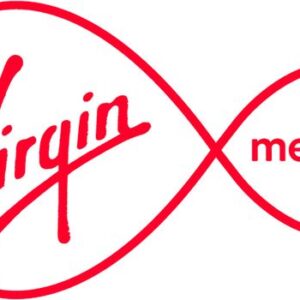How many times have you heard someone say: “I’m going to get a job that pays me what I’m worth”?
That feeling of being poorly rewarded for your efforts is one that most of us can relate to. All the more so when you hear about the CEO making millions, or your company recording record profits. It’s only natural, then, to want to receive your fair share.
The trouble is: why would any company pay you what you’re worth?
Investors are in business to make a profit. The only way they can do that is by taking a portion of the revenue their employees bring in, through their labor, and keeping it for themselves. Even if the owners wanted to pay the employees what they were worth, that would leave the owners with no profits.
The obvious answer is to eliminate private ownership of businesses. Society doesn’t need a class of people who live by exploiting the labor of others. But since that’s not on the cards right now, your best bet for getting close to your fair share might be to unionize.
In the US, unionized workers receive 11.2 percent higher pay than non-unionized workers. And 96 percent of unionized workers have employer provided health coverage vs 69 percent of non-unionized workers.
When you bargain with your employer as an individual, you typically have very little power. Your boss can threaten to remove your livelihood, while you can only threaten to withdraw your own labor. Few of us are so vital to our workplace that they couldn’t cope without us.
If you band together with your workmates, though, your boss has to treat your concerns seriously. They know that in the worst case scenario you could go on strike and shut down the business.
Unionizing is a good move in the public and NGO sectors as well. These organizations might not run on the profit motive but they experience their own pressures to keep wages down.
Low pay in the private sector depresses pay in the other sectors, where organizations find it difficult to justify paying their employees more than the market rate. Working on limited budgets, keeping pay down also allows these organizations to divert money to other purposes.
Don’t feel guilty about taking money away from an NGOs mission though. Even NGOs should pay their workers a livable wage. If they’re not willing or able to do that, they should advertize for volunteers rather than employees. Everybody has the right to live free from poverty.
You’ll never be paid what you’re worth under capitalism, but don’t let that stop you from fighting to get a fairer deal. With your fellow workers by your side, you have the power to win.





